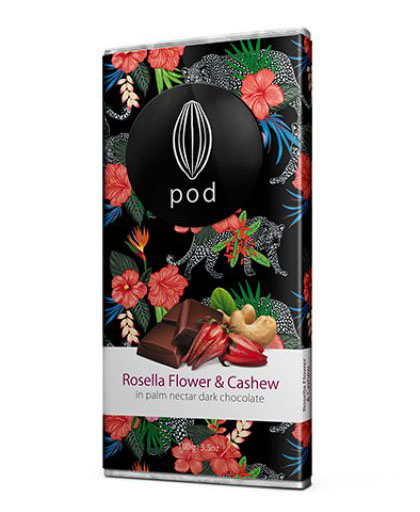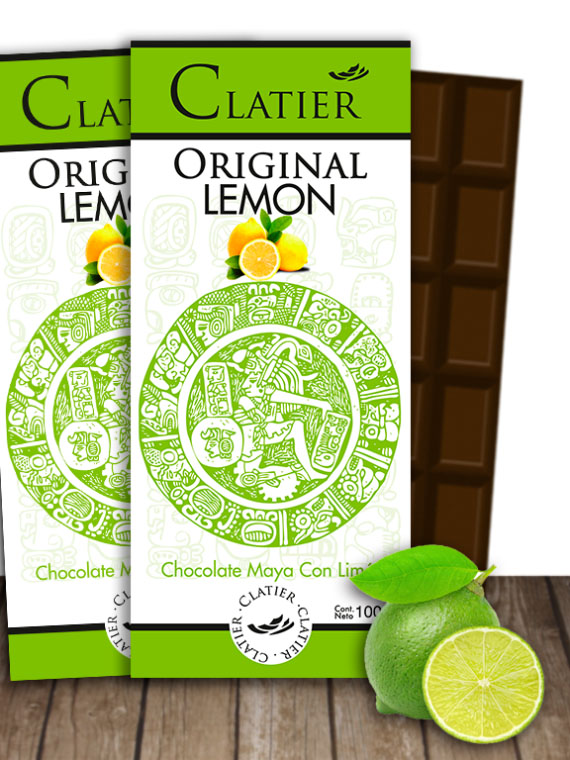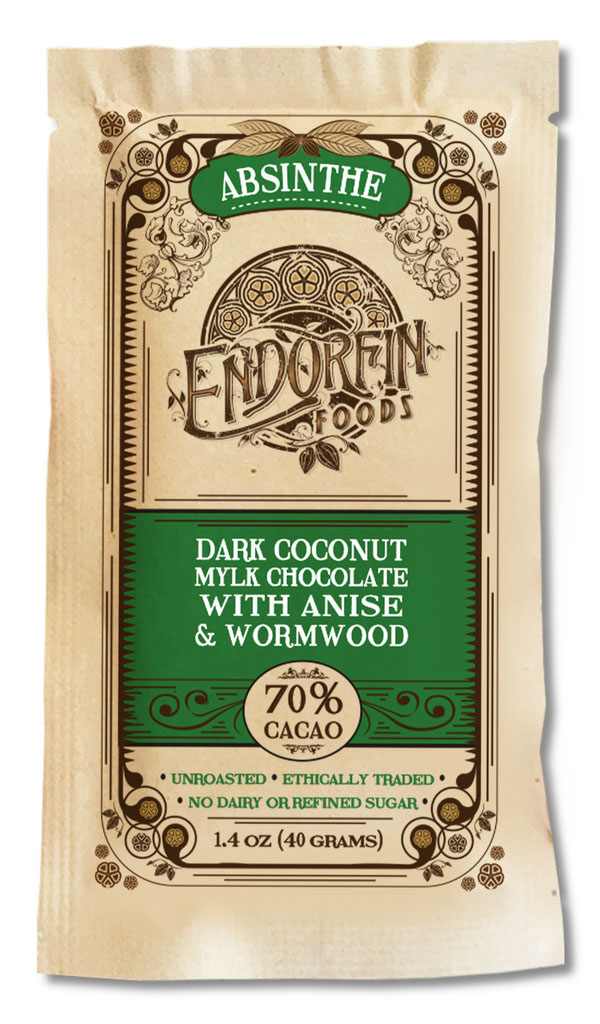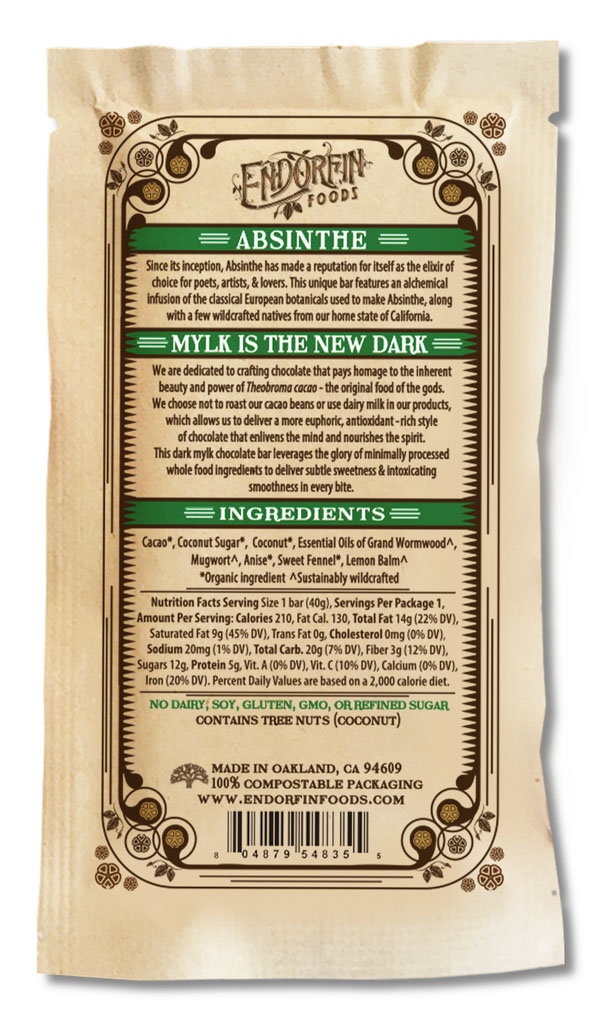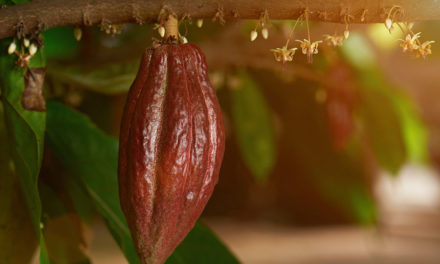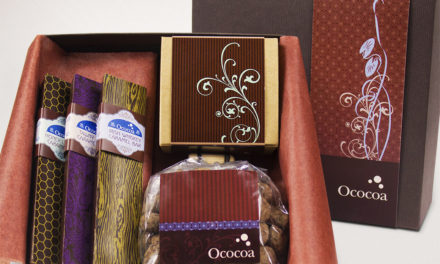Check Out the Hook
Shocking confession alert! I eat a lot of chocolate. Yes, it’s true. I’m constantly looking for new, unique flavor combinations and inspired chocolate makers.
Truth be told, packaging tends to draw me in first, as I find the look of a beautifully wrapped bar hard to resist. A chocolate maker can use packaging to create a unique identity through use of color, shape and design… and even the feel of the paper often sways my choice. Today I’ll showcase a few of my favorite packaging designs, while setting the stage for part two of this adventure, which is really all about certifications on chocolate labels.
A wrapper, however, can also echo a chocolate maker’s voice, a way for each artisan to share their story and beliefs. Many chocolate makers now take the opportunity to communicate their social responsibility by printing certifications on packaging. Yes, packaging may first draw me in, but the carefully detailed narrative of each chocolate maker is that first, true “hook” when I search for chocolates.
Important Questions
My chocolate obsession often, by proxy, means my family and friends eat lots of chocolate as well. One evening, my favorite aunt and I were having a Colombian single origin chocolate tasting with a California red wine pairing. She knows I have a severe gluten allergy, so halfway through the tasting she turned to me and asked “Is chocolate gluten-free?”
She also asked “How do you know if chocolate is Non-GMO?”, and at that moment it occurred to me just how important food certifications can be for everyone, not simply chocolate connoisseurs. For a person like my Aunt, who likes chocolate but is not really an enthusiast, the Gluten-Free and Non-GMO labels help her make a choice – such labels hold importance.
More Than Just a Label
Recently I read an article disparaging the value of certifications on chocolate bars. The author believed that the “expensive and useless certifications” degrade the design of chocolate packaging. I wholeheartedly disagree with this rather shallow point of view. Certifications can be a very valuable tool for communicating to average consumers (and chocolate connoisseurs) all the efforts a chocolate maker puts forth to source an ethical and sustainable product.
A certification is an identifiable symbol that tells us something about our choice. It’s more than just a label. Certifications grant credibility to the chocolate maker on the origin of their products and also provide increased transparency into the cocoa supply sequence.


